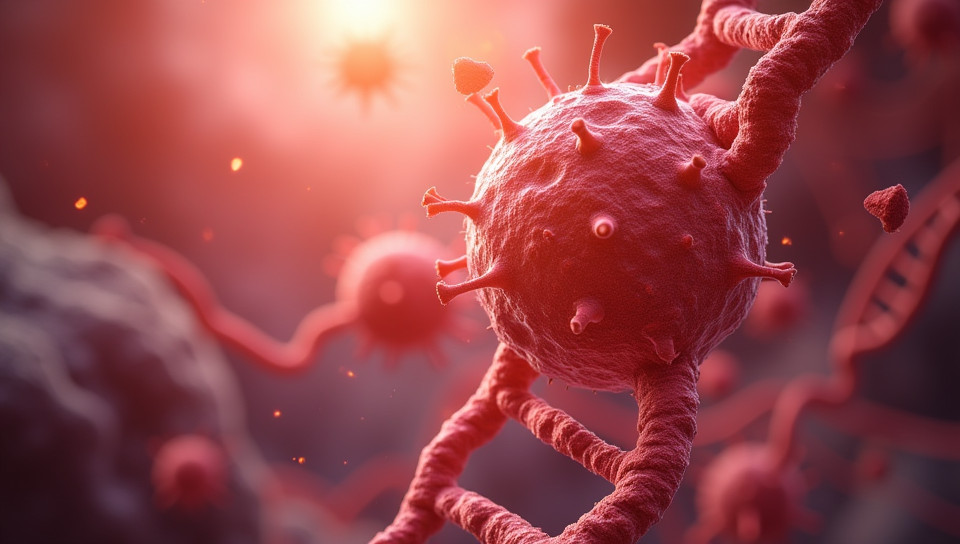Exposure to UV radiation causes DNA damage in skin cells 96%

The Hidden Dangers of UV Radiation: How it Damages Skin Cells
As we bask in the warm glow of sunshine, it's easy to forget about the risks associated with exposure to ultraviolet (UV) radiation. But the truth is, prolonged exposure to UV rays can have serious consequences for our skin health. In this article, we'll explore the ways in which UV radiation causes DNA damage in skin cells and what you can do to protect yourself.
What is UV Radiation?
Before we dive into the effects of UV radiation on skin cells, let's quickly define what it is. UV radiation is a type of electromagnetic radiation that comes from the sun or artificial sources like tanning beds. It consists of three main types: UVA, UVB, and UVC.
How Does UV Radiation Cause DNA Damage?
When UV radiation penetrates the skin, it can cause damage to the DNA in skin cells. This is known as photodamage. There are several ways in which UV radiation can lead to DNA damage:
- It can form thymine dimers, which are abnormal pairings of thymine bases that can disrupt gene expression.
- It can create oxidative stress, leading to the formation of free radicals that can damage DNA and other cellular components.
- It can cause errors during DNA replication, resulting in mutations that can contribute to skin cancer.
The Consequences of DNA Damage
The consequences of DNA damage caused by UV radiation can be severe. When skin cells are unable to repair this damage, it can lead to a range of problems, including:
- Premature aging: UV radiation can cause the formation of wrinkles and age spots as skin cells become damaged.
- Skin cancer: The mutations caused by UV radiation can increase the risk of developing skin cancer, including melanoma.
- Immune system suppression: UV radiation can weaken the immune system, making it harder for the body to fight off infections.
Protecting Yourself from UV Radiation
The good news is that there are many ways to protect yourself from the damaging effects of UV radiation. Here are some tips:
- Wear protective clothing, including hats and long-sleeved shirts.
- Seek shade when spending time outdoors.
- Use a broad-spectrum sunscreen with a Sun Protection Factor (SPF) of 30 or higher.
- Avoid tanning beds and artificial sources of UV radiation.
Conclusion
Exposure to UV radiation is a serious threat to our skin health, causing DNA damage that can lead to premature aging, skin cancer, and immune system suppression. By understanding the risks associated with UV radiation and taking steps to protect ourselves, we can reduce our risk of developing these problems and enjoy the sunshine safely. So next time you're planning a day outdoors, remember to take the necessary precautions to safeguard your skin against the hidden dangers of UV radiation.
- Created by: Vedant Sharma
- Created at: Oct. 14, 2024, 1:07 a.m.
- ID: 12587









